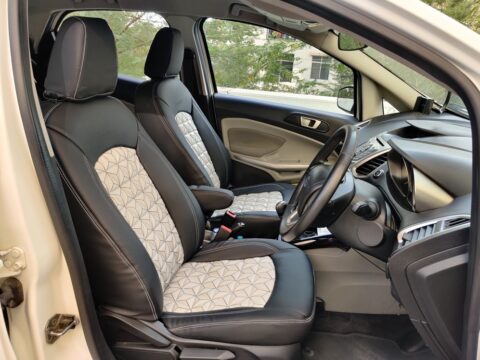When it comes to fuel-efficient cars, there’s no shortage of misconceptions. Many people believe these vehicles are either too expensive, underpowered, or don’t really save much on gas. In reality, most of what we hear about them simply isn’t true. In this article, we’ll debunk 18 of the most common myths surrounding fuel-efficient cars and set the record straight.
Contents
Fuel-efficient cars are always more expensive.
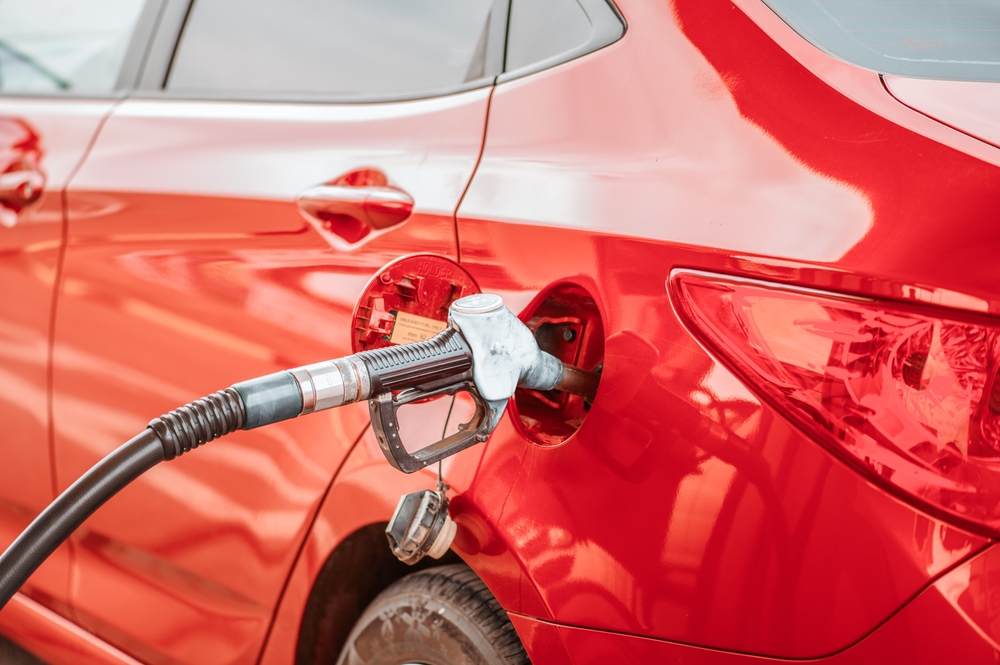
While hybrid and electric cars can have a higher upfront cost, many fuel-efficient vehicles are competitively priced. Additionally, fuel savings and tax incentives often offset the initial expense, making them more economical over time.
They lack power and performance compared to traditional vehicles.

Modern fuel-efficient cars, including hybrids and electric vehicles, are engineered to offer impressive performance. Electric motors deliver instant torque, providing faster acceleration, while advanced hybrids combine gas and electric power for a smooth and powerful ride.
All hybrid or electric vehicles are fuel-efficient.
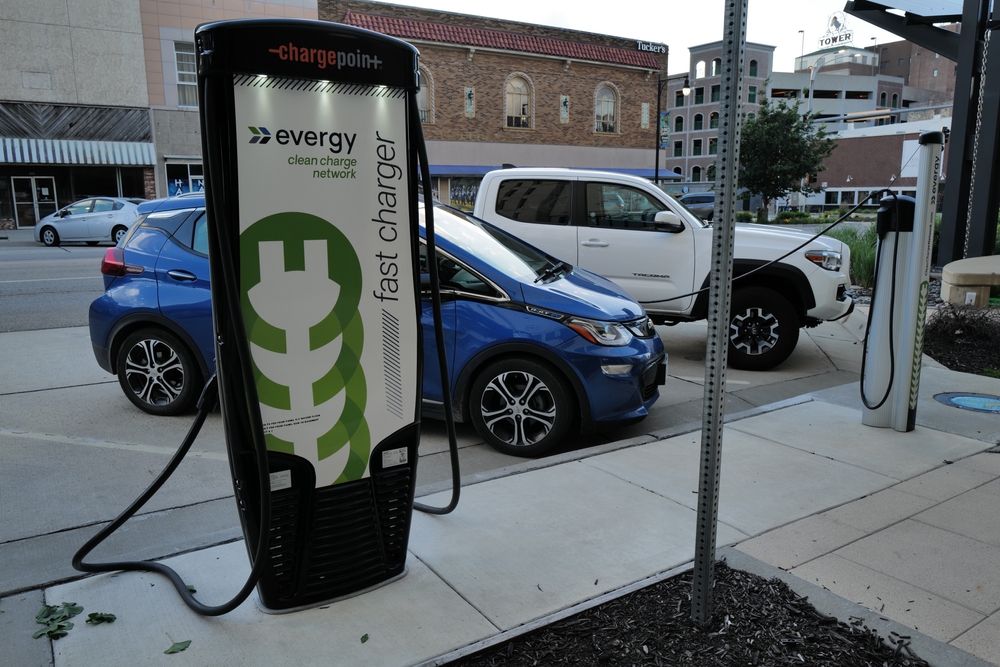
Not all hybrid or electric vehicles guarantee high fuel efficiency. Some larger models like SUVs or performance-oriented hybrids may have lower overall efficiency due to weight and design, despite their advanced technology.
Only small cars can be fuel-efficient.

Many mid-size sedans, SUVs, and even trucks now incorporate fuel-saving technologies like turbocharging, lightweight materials, and hybrid systems. Larger vehicles can still achieve excellent fuel efficiency.
Fuel-efficient cars don’t save much money in the long run.

With lower fuel consumption, fuel-efficient cars can significantly reduce long-term costs, especially as fuel prices fluctuate. Additionally, many require less frequent maintenance, further saving money over time.
Fuel-efficient vehicles have limited driving range.
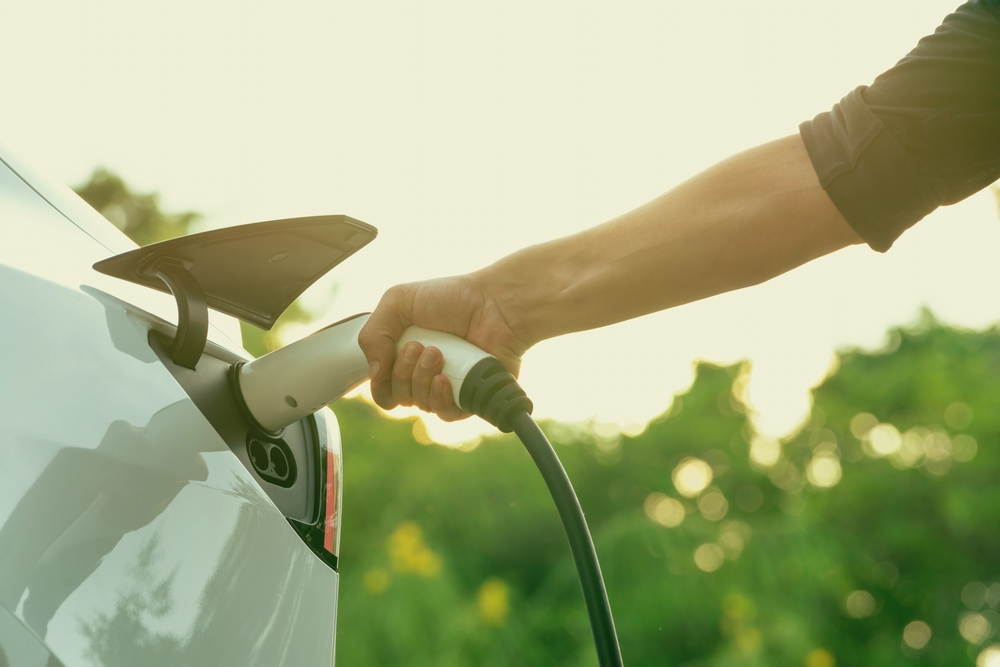
Advances in battery technology have greatly increased the range of electric vehicles, with some models now offering over 300 miles on a single charge. Hybrids also boast long driving ranges, as they can switch between gas and electric power seamlessly.
They are harder to maintain and repair.
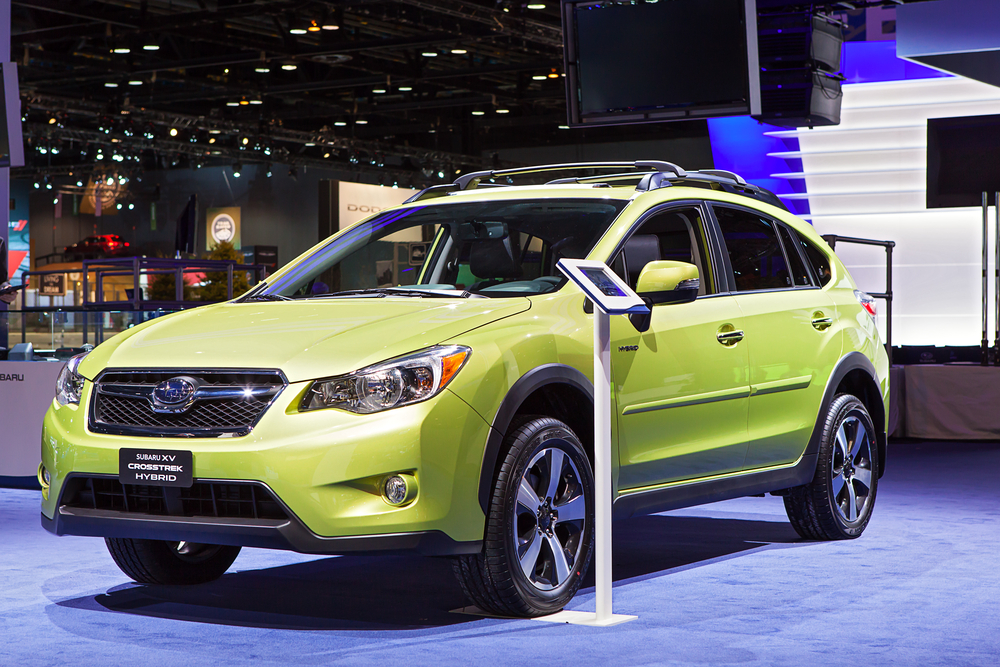
Many fuel-efficient vehicles, particularly hybrids, have proven to be as reliable as traditional cars. Regular maintenance for components like oil changes and brake pads is often less frequent, and many manufacturers offer extended warranties on hybrid systems.
Fuel-efficient cars have poor acceleration.
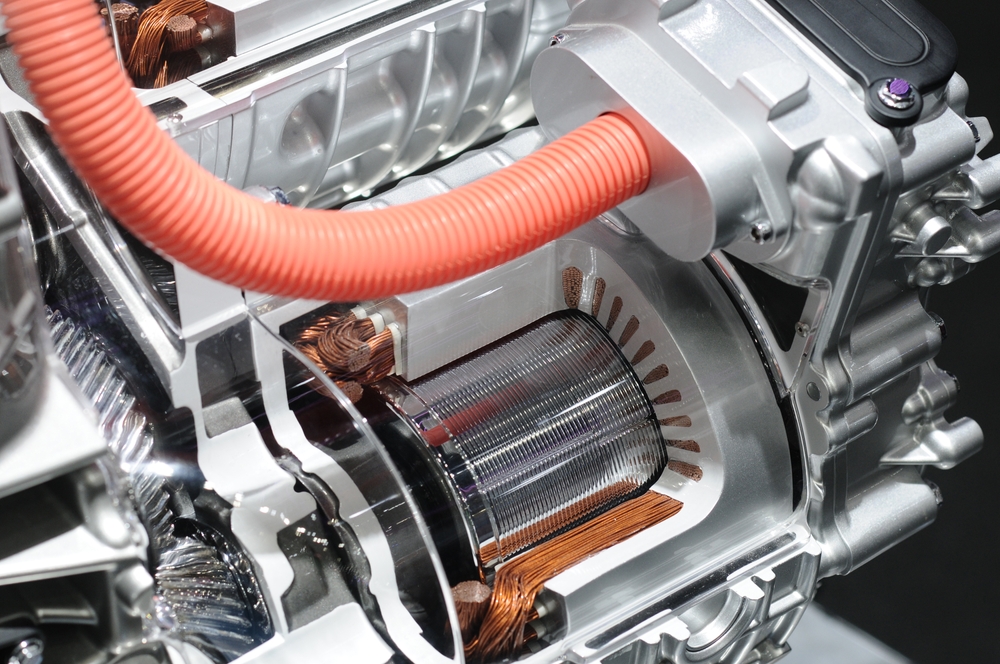
Electric motors in fuel-efficient vehicles provide instant torque, which often means they can accelerate faster than traditional gasoline cars. For example, Tesla electric cars are known for their rapid acceleration, even beating many performance cars.
Only electric cars are fuel-efficient.
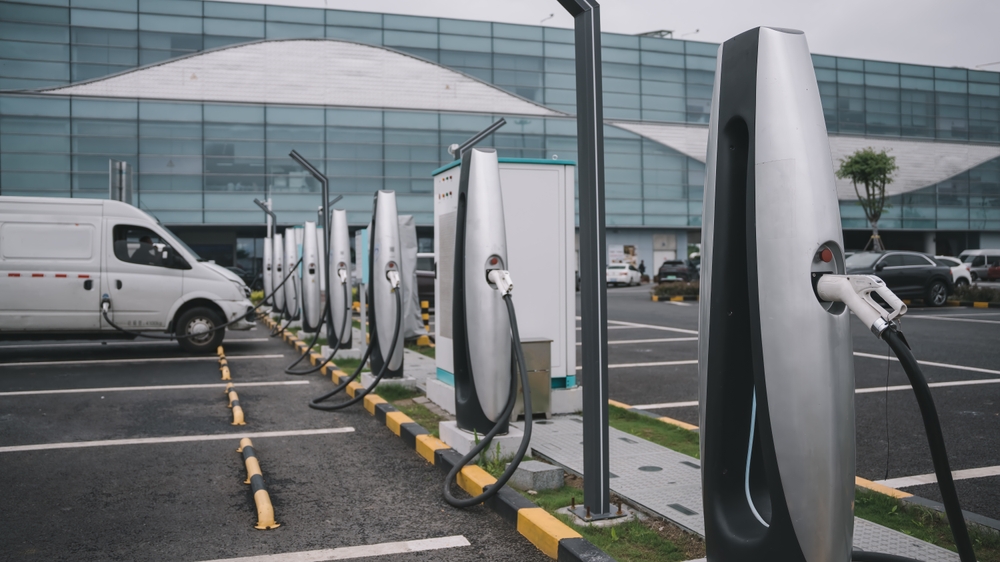
Electric cars are not the only option for fuel efficiency. Many gas-powered cars, hybrids, and plug-in hybrids are designed with advanced technologies like stop-start systems, lightweight materials, and aerodynamic designs to maximize fuel economy.
Fuel-efficient vehicles aren’t safe.
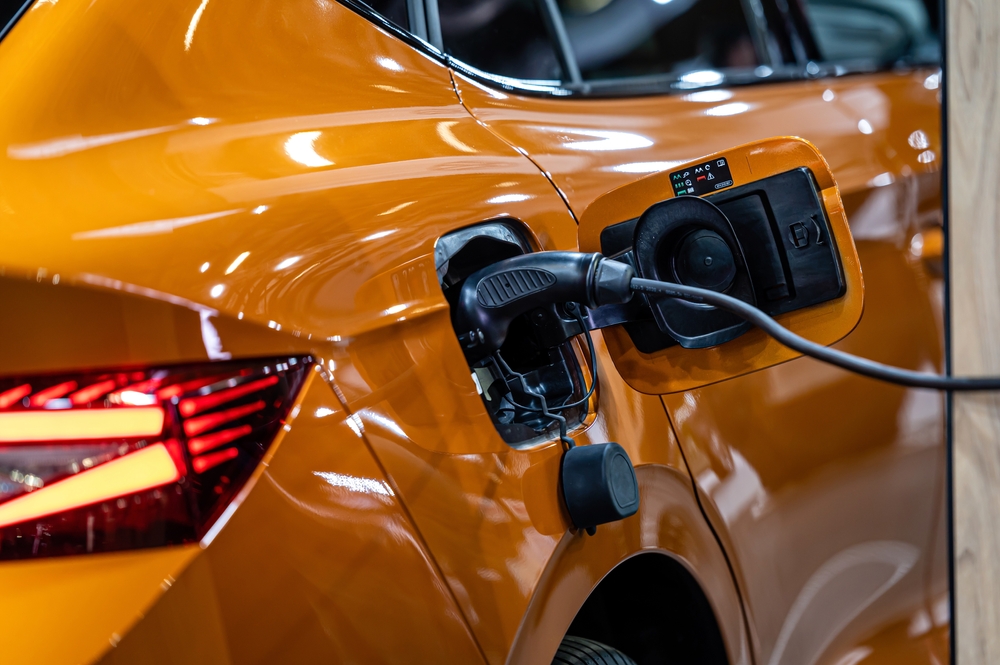
Fuel-efficient vehicles often come equipped with the same safety features as traditional vehicles, such as airbags, collision avoidance systems, and high-strength materials. Many of these vehicles also receive top safety ratings from agencies like the IIHS and NHTSA.
Driving a fuel-efficient car requires sacrificing comfort and features.
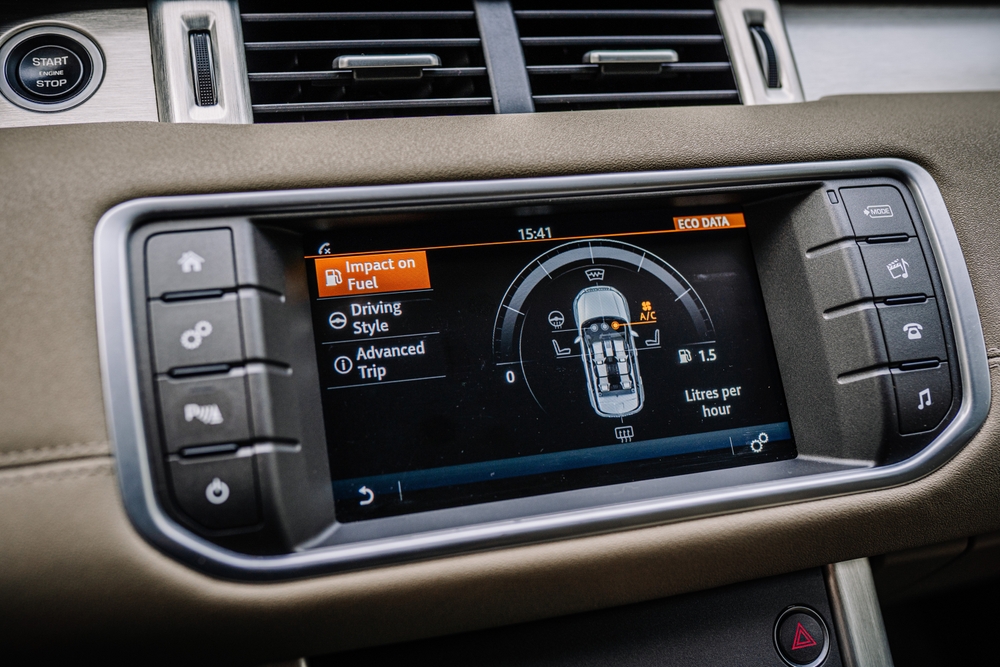
Modern fuel-efficient cars come with advanced features such as heated seats, high-end infotainment systems, and advanced driver-assistance systems. Comfort and technology are not compromised for fuel efficiency in many newer models.
They don’t perform well on highways.

Contrary to popular belief, fuel-efficient cars perform well on highways, especially hybrids that can switch to gasoline power. Electric vehicles can maintain high speeds easily, and many fuel-efficient cars are designed to optimize performance at highway speeds.
Fuel-efficient cars are only suitable for city driving.
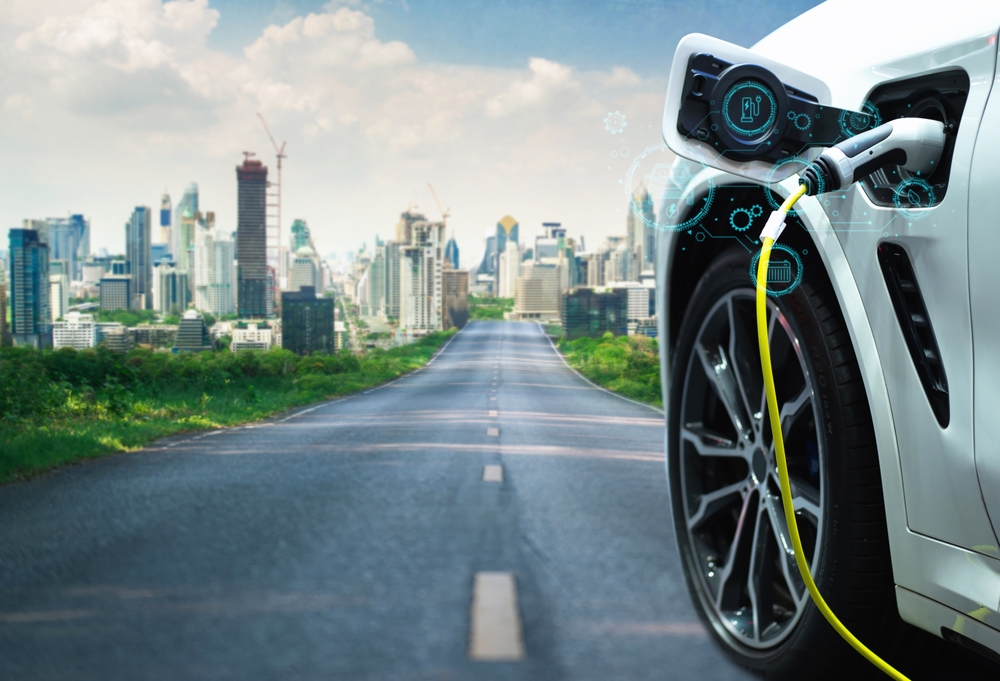
While hybrids excel in stop-and-go city traffic due to their ability to operate on electric power at low speeds, many are also highly efficient on long-distance highway drives, using gasoline when needed for sustained performance.
They aren’t reliable for long-term use.
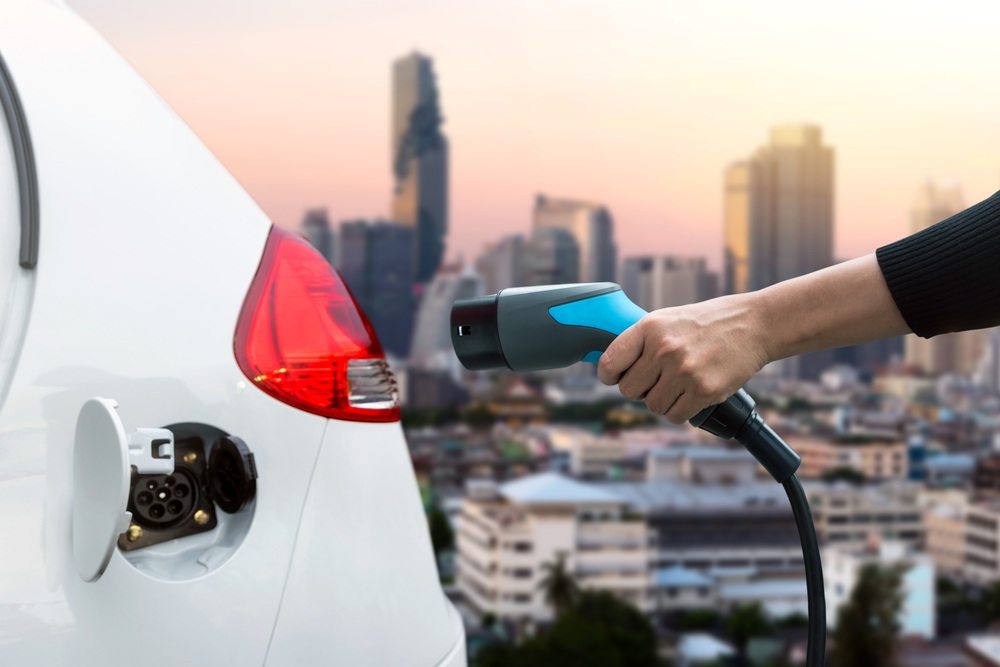
Studies have shown that hybrids and fuel-efficient cars often outlast traditional vehicles. The regenerative braking in hybrids reduces wear and tear, and electric vehicles have fewer moving parts, which translates to less potential for mechanical failure.
Fuel-efficient vehicles have a shorter lifespan.
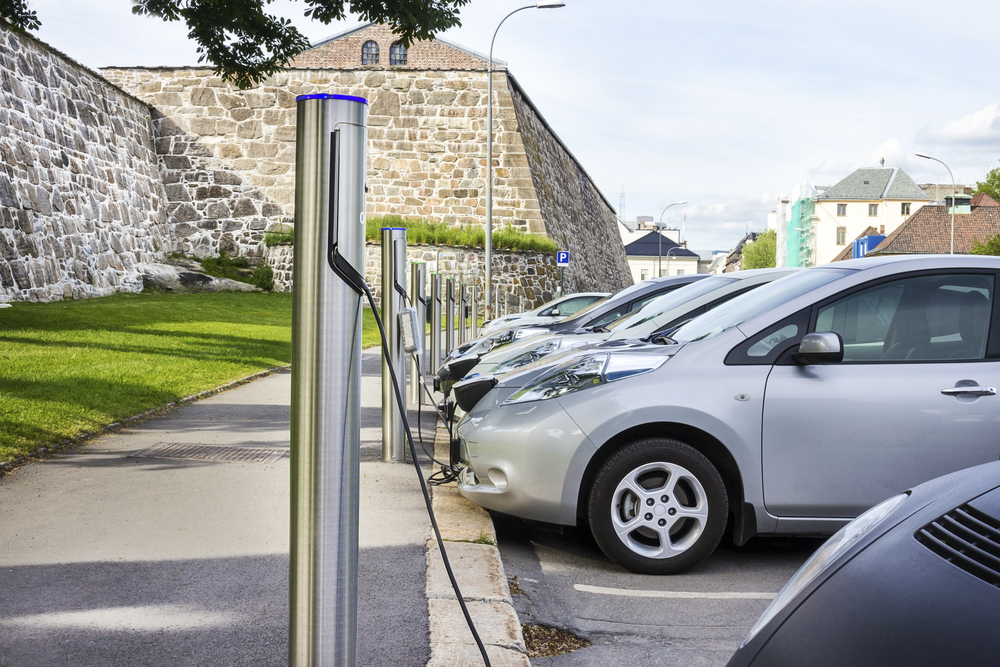
Many fuel-efficient vehicles are designed to last as long as or longer than traditional cars. For example, Toyota hybrids are known for their longevity, with many owners reporting well over 200,000 miles with regular maintenance.
You have to compromise on style and design for fuel efficiency.
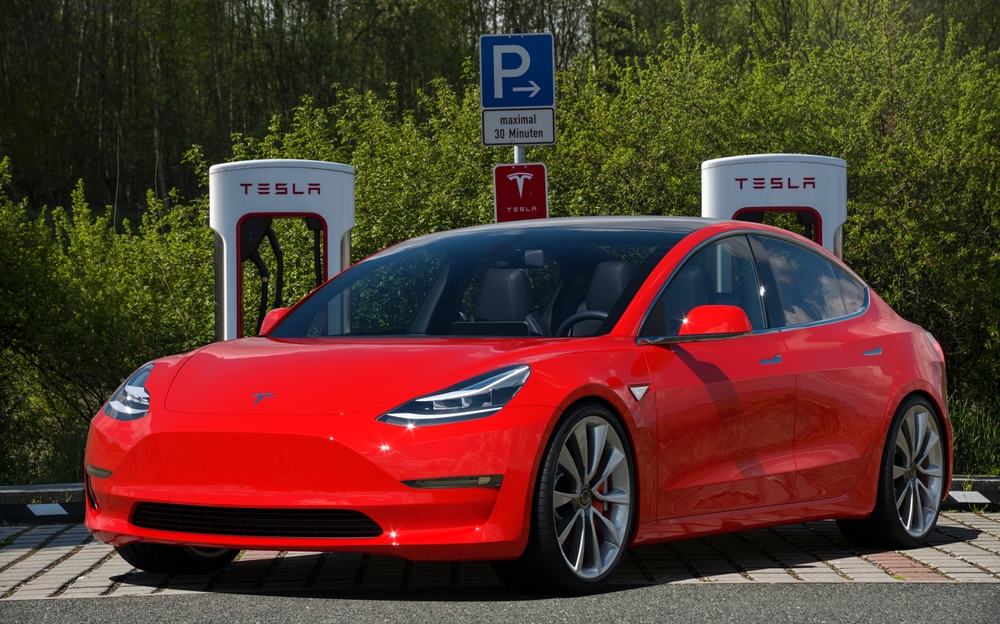
Today’s fuel-efficient vehicles come in a wide range of styles and designs. From sleek, modern electric cars like the Tesla Model 3 to sporty hybrids like the Honda CR-Z, you can find fuel-efficient cars that are visually appealing and stylish.
They aren’t good for towing or hauling.

Some fuel-efficient vehicles, particularly hybrid SUVs and trucks, are designed to handle towing and hauling. Models like the Ford F-150 Hybrid offer strong towing capacities while maintaining fuel efficiency.
Fuel-efficient cars are a new trend and unproven technology.
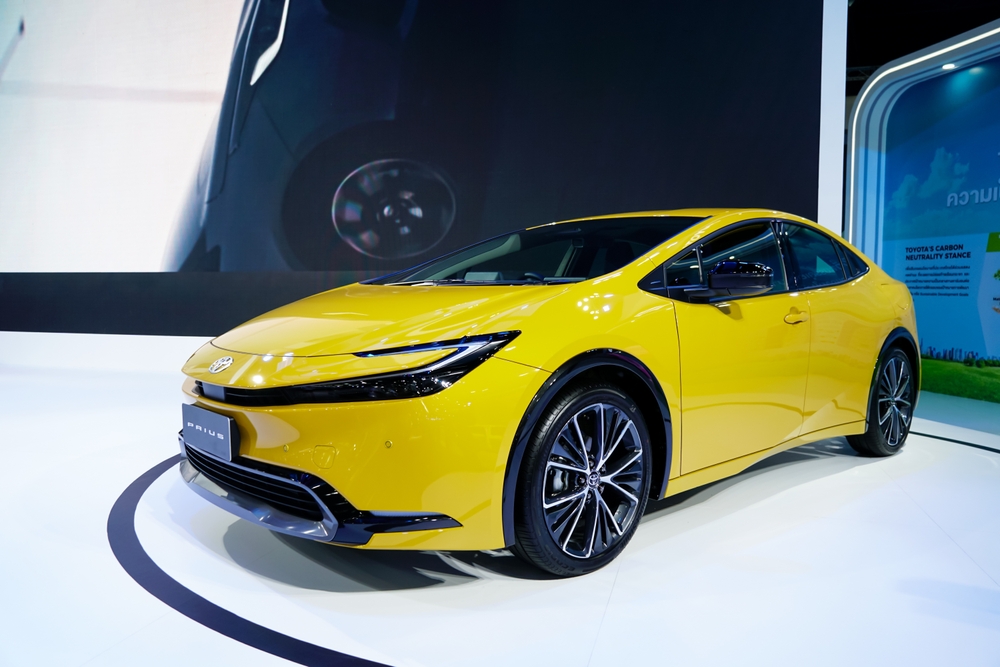
Fuel-efficient cars, including hybrids, have been on the market for decades. The Toyota Prius, for example, has been around since the late 1990s, proving the durability and reliability of fuel-saving technology.
This article originally appeared in MyCarMakesNoise.
More from MyCarMakesNoise
25 High-Mileage Luxury Cars That Hold Their Value
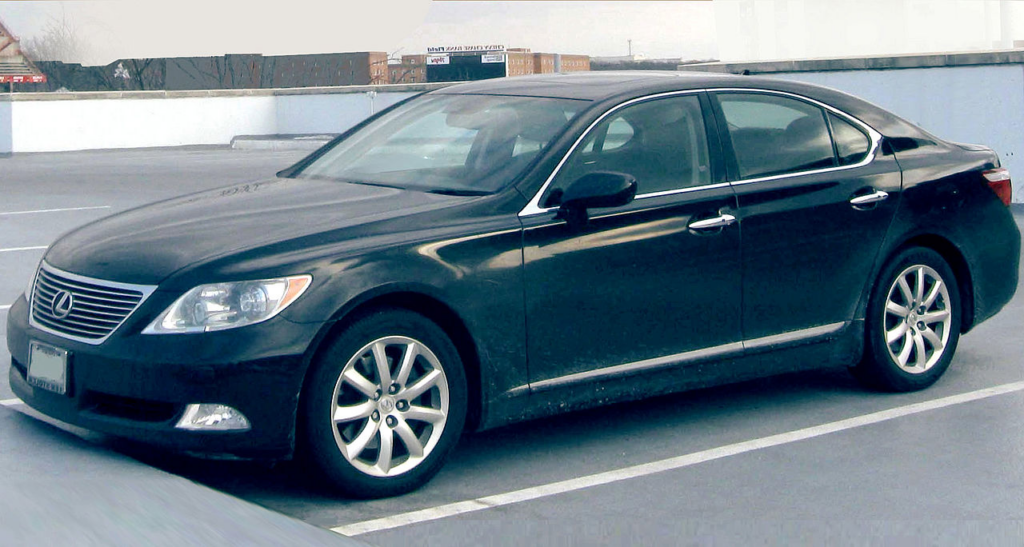
When it comes to luxury cars, high mileage doesn’t always mean a loss in value. Some luxury vehicles are built to last, offering both elegance and reliability even after many miles on the road. In this article, we’ll explore 25 high-mileage luxury cars that not only maintain their value but also deliver exceptional performance, making them smart choices for savvy buyers. Read More
16 Boats That Missed Their Moment

Not every boat that hits the water is destined for success. In fact, some vessels, despite big expectations, simply never found their place in the spotlight. In this article, we’ll explore 16 boats that missed their moment, either due to design flaws, poor timing, or just plain bad luck. Read/ More
15 Costly Boat Accessories That Barely Add Value

Outfitting your boat with the latest accessories can be tempting, but not all of them are worth the hefty price tag. Many expensive upgrades look impressive but offer little real value. In this article, we’ll explore 15 costly boat accessories that barely make a difference and why they may not be the best investment for your vessel. Read More




